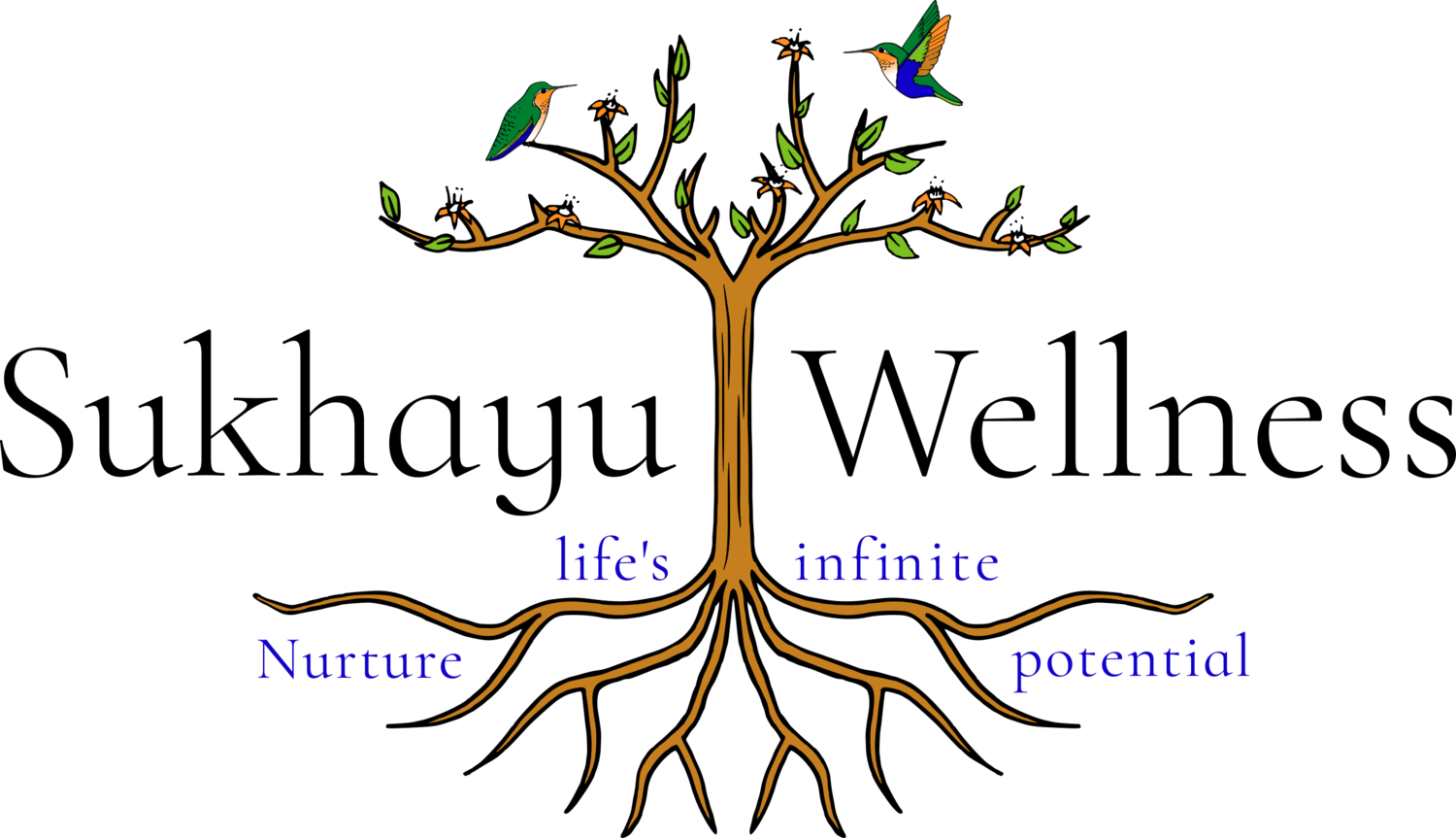Experimenting with Biofeedback: Reconnecting with Breath to Manage Stress
By Peter Tamura
This article was published in AAMC Aspiring Doc Diaries.
Nice job, Peter!
Peter Tamura, a third year medical student at Virginia Commonwealth University, received a scholarship to participate in a mind-body skills group facilitated by Dr. Jessica Singh. Peter participated in the group during the end of his second year of medical school, while studying for USMLE Step 1 Exam.
In this article, Peter shares his own self-experiment with biofeedback and the knowledge he learned to help others.
“My peers and I are taught to practice empathy for our patients and self-care to avoid burnout, but are also told that we are expected to miss holidays, weddings, family gatherings, and more in the same breath.
”
Click here to read Peter’s article.
Mind-body skills groups, based on the model developed by Dr. James Gordon and the Center for Mind-Body Medicine, have numerous benefits. Not only have they been proven to increase quality of life, decrease depression and sleep disturbance, they also decrease burnout, secondary traumatic stress, and personal distress, and increase empathy in medical and nursing students.¹
Contact us if you are interested in joining a group or bringing them to your organization.
References:
van Vliet, M., Jong, M., & Jong, M. C. (2017). Long-term benefits by a mind–body medicine skills course on perceived stress and empathy among medical and nursing students. Medical teacher, 39(7), 710-719.



